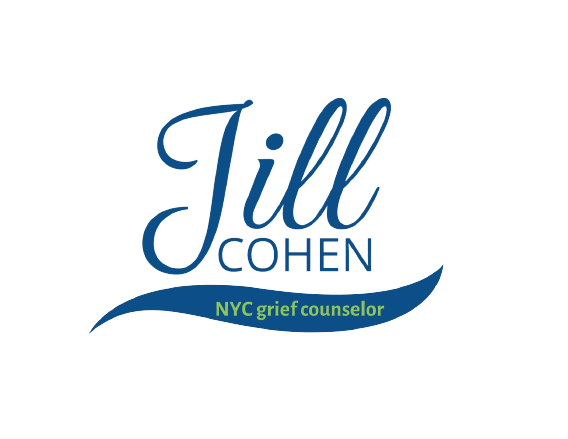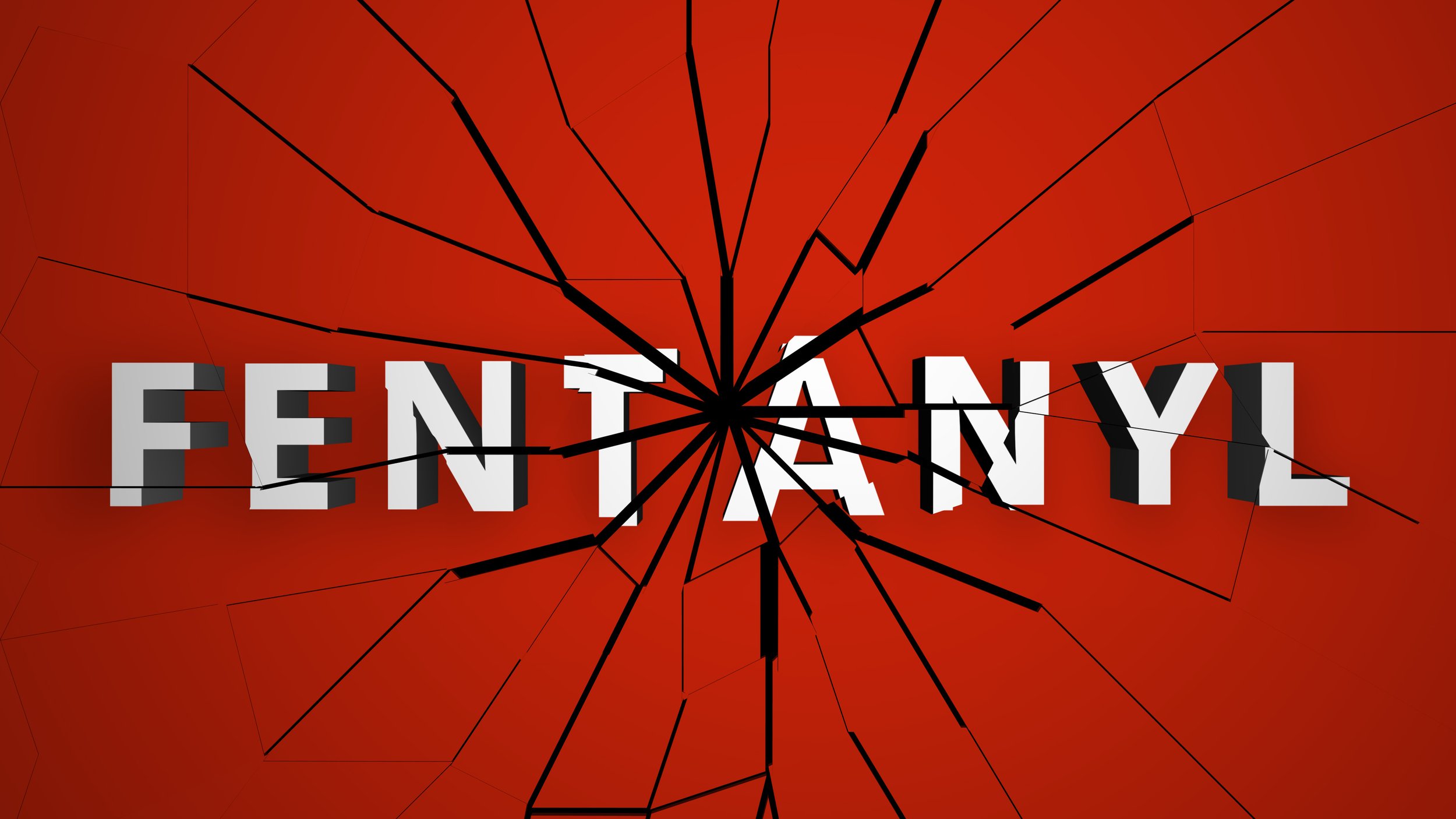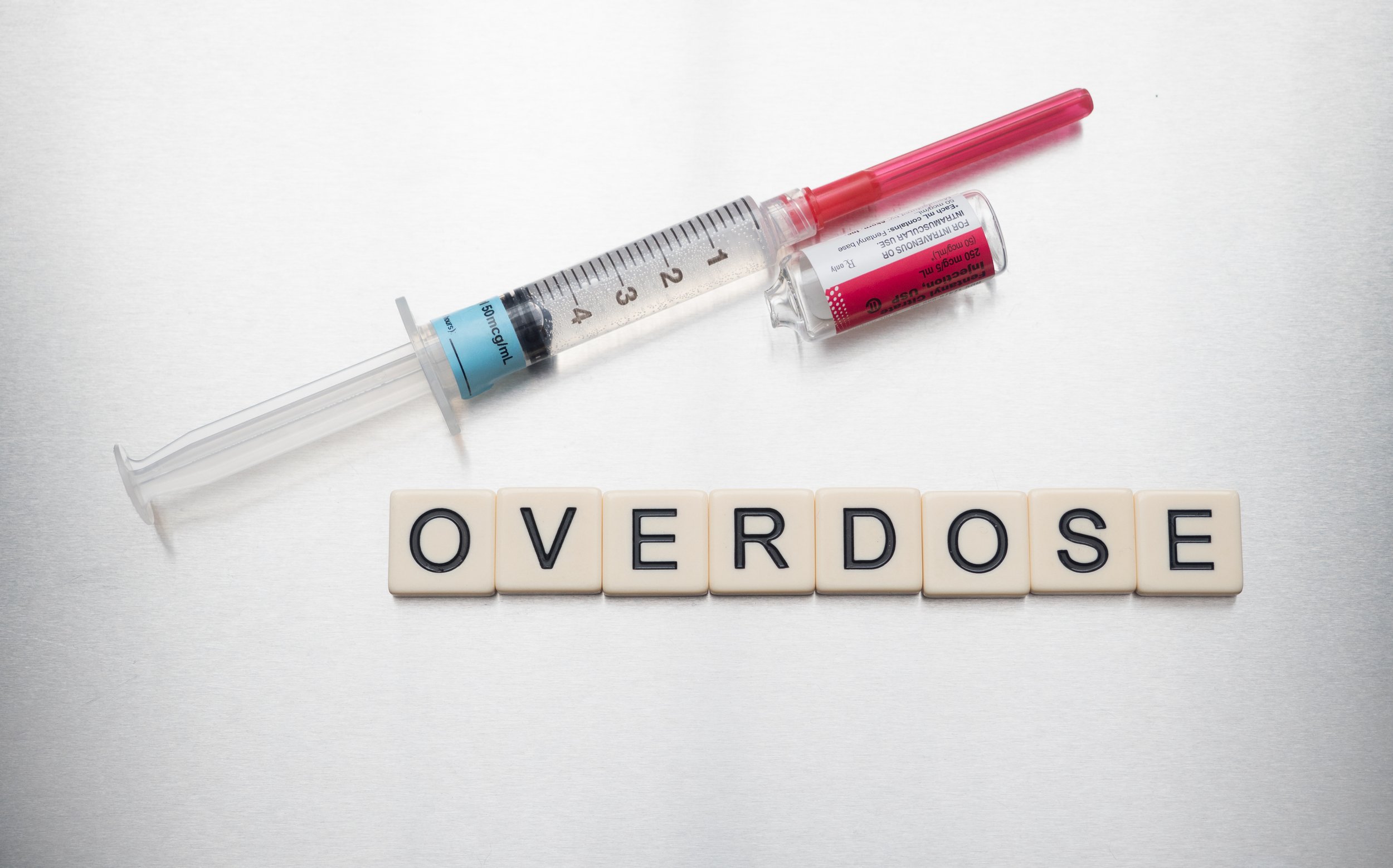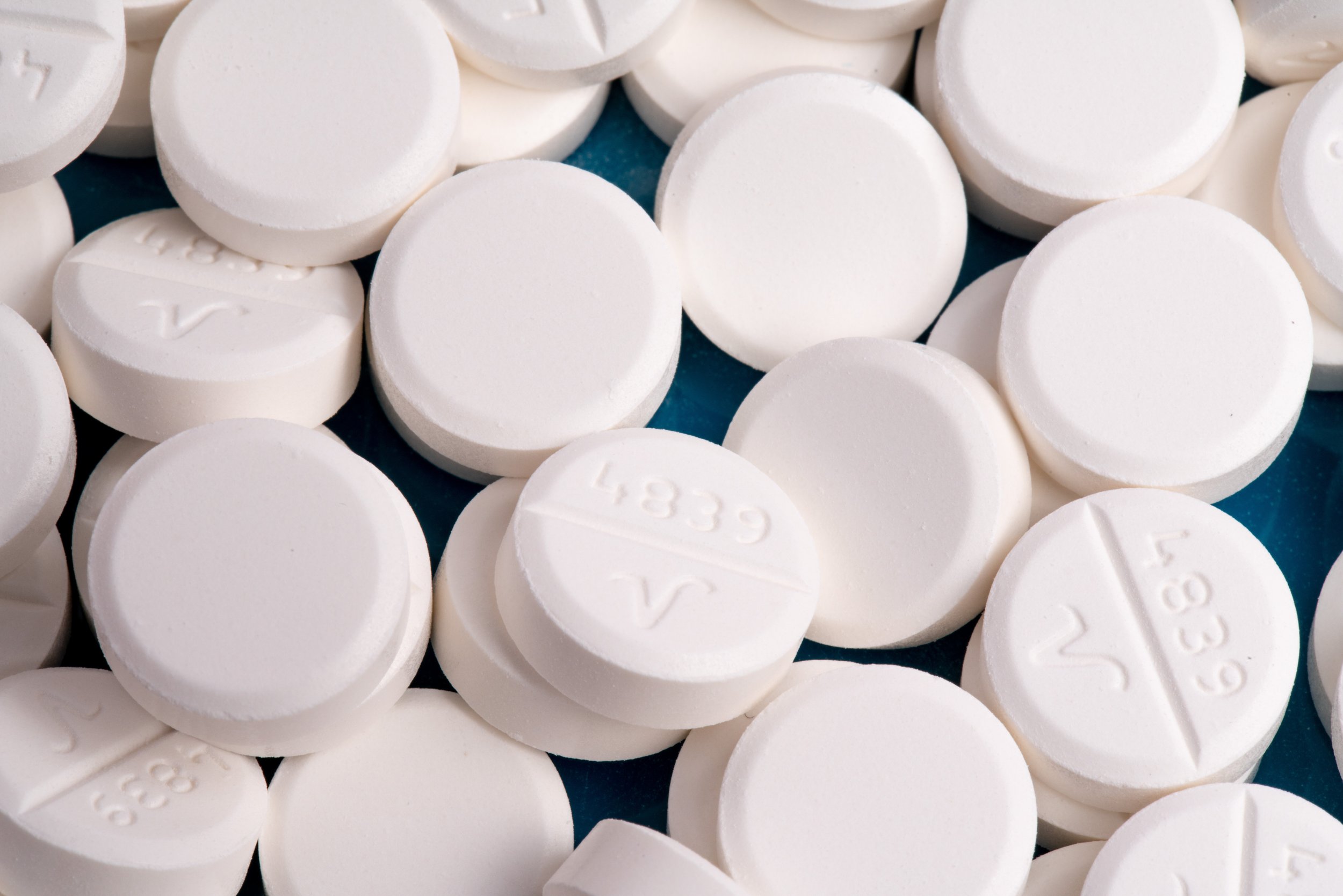Rise in Fentanyl Deaths Creating More Grief
6 Minute Read
Fentanyl and the Rising Overdoses
Author’s Note: My young adult cousin recently died of a fentanyl overdose. She was neither using nor abusing. Unbeknownst to her, fentanyl happened to have been mixed in with something that someone gave her to help with sleep issues. I have also had several clients in my grief counseling practice, who are grieving the loss of loved ones to this death. This is an epidemic and a phenomenon that must cease. Grieving this kind of loss adds the element of “it didn’t have to happen”… if only there were more controls for medicines and for a legitimate and controlled drug marketplace. We need to stop the stigma and stop these accidents.
Fentanyl is a synthetic opioid that is up to 50 times stronger than heroin and 100 times stronger than morphine. It is a major contributor to fatal and nonfatal overdoses in the U.S.
There are two types of fentanyl: pharmaceutical fentanyl and illicitly manufactured fentanyl. Pharmaceutical fentanyl is prescribed by doctors to treat severe pain, especially after surgery and for advanced-stage cancer.
However, most recent cases of fentanyl-related overdose are linked to illicitly manufactured fentanyl, which is distributed through illegal drug markets for its heroin-like effect. It is often added to other drugs because of its extreme potency, which makes drugs cheaper, more powerful, more addictive, and more dangerous.
Illicitly manufactured fentanyl (IMF) is available on the drug market in different forms, including liquid and powder.
Powdered fentanyl looks just like many other drugs. It is commonly mixed with drugs like heroin, cocaine, and methamphetamine and made into pills that are made to resemble other prescription opioids. Fentanyl-laced drugs are extremely dangerous, and many people may be unaware that their drugs are laced with fentanyl.
In its liquid form, IMF can be found in nasal sprays, eye drops, and dropped onto paper or small candies.
Fentanyl and Overdose
Fentanyl and other synthetic opioids are the most common drugs involved in overdose deaths.<sup>1</sup> Even in small doses, it can be deadly. Over 150 people die every day from overdoses related to synthetic opioids like fentanyl.
Drugs may contain deadly levels of fentanyl, and you wouldn’t be able to see it, taste it, or smell it. It is nearly impossible to tell if drugs have been laced with fentanyl unless you test your drugs with fentanyl test strips.
The best way to try to stave off a fentanyl overdose is to use test strips. They’re inexpensive and typically give results within 5 minutes, which can be the difference between life or death. Even if the test is negative, take caution as test strips might not detect more potent fentanyl-like drugs, like carfentanil.
Overdose All-Time High
The Drug Enforcement Agency reports over 40% of all fatal drug overdoses in the United States are fentanyl-related. In Kentucky, drug overdoses and overdose grief climbed 15% within the last year. About 73% of 2021’s overdose deaths in the state were connected to fentanyl.
Whatsyourgrief.com writes powerfully on its site that “If you thought the avoidance around death and grief in our society was bad, it is nothing compared to the avoidance of drug-related deaths.” And that’s one hundred percent true, I have found.
That website tells that overdose deaths outnumber traffic fatalities in the US, and that someone dies every 14 minutes from a drug overdose in this country.
Overdose deaths outnumbered prostate cancer deaths and are nearing the number of breast cancer deaths. If you are not aware of this, it’s because everyone hates talking about overdose deaths.
Stigma and Overdoses
USA TODAY published an Opinion piece a few weeks ago in which a parent wrote about her son’s death by a fentanyl overdose. In her article, she asked readers to have compassion, rather than imposing criminalization. She talked about the stigma of this kind of grief as well. See article here:
Emotions Evoked From Overdoses
Much like suicide grief, there is a complexity in overdose deaths, with people feeling that the death was somehow preventable. This can create an array of complicated emotions, many of which can be linked back to this feeling or belief. Many of the feelings below, including guilt, shame, blame, fear, and isolation all in some way can be correlated back to this. Guilt, shame, stigma and blame are all discussed in this article and how they all factor into the grief that accompanies this kind of death of a loved one.
Seek Support
If you’d like grief counseling to help you work through all the nuances of a fentanyl overdose death, I’d be happy to work with you.
Our sessions will include tools processing your mixed emotions and assist you in coping with adjusting to this. Sadly, I’ve counseled those who’ve experienced this kind of grief, all too often lately.
To schedule, a complimentary conversation to see if my grief counseling practice would benefit you, click here!
Sources
Wilson N, Kariisa M, Seth P, Smith H IV, Davis NL. Drug and Opioid-Involved Overdose Deaths — United States, 2017–2018. MMWR Morb Mortal Wkly Rep 2020;69:290–297. DOI: http://dx.doi.org/10.15585/mmwr.mm6911a4external icon
NCHS, National Vital Statistics System. Estimates for 2020 are based on provisional data. Estimates for 2015-2019 are based on final data (available from: https://www.cdc.gov/nchs/nvss/vsrr/drug-overdose-data.htm).
Bergh, Marianne Skov-Skov et al. “Selectivity and sensitivity of urine fentanyl test strips to detect fentanyl analogues in illicit drugs.” The International Journal on Drug Policy. Vol. 90 (2021): https://doi.org/10.1016/j.drugpo.2020.103065external icon





